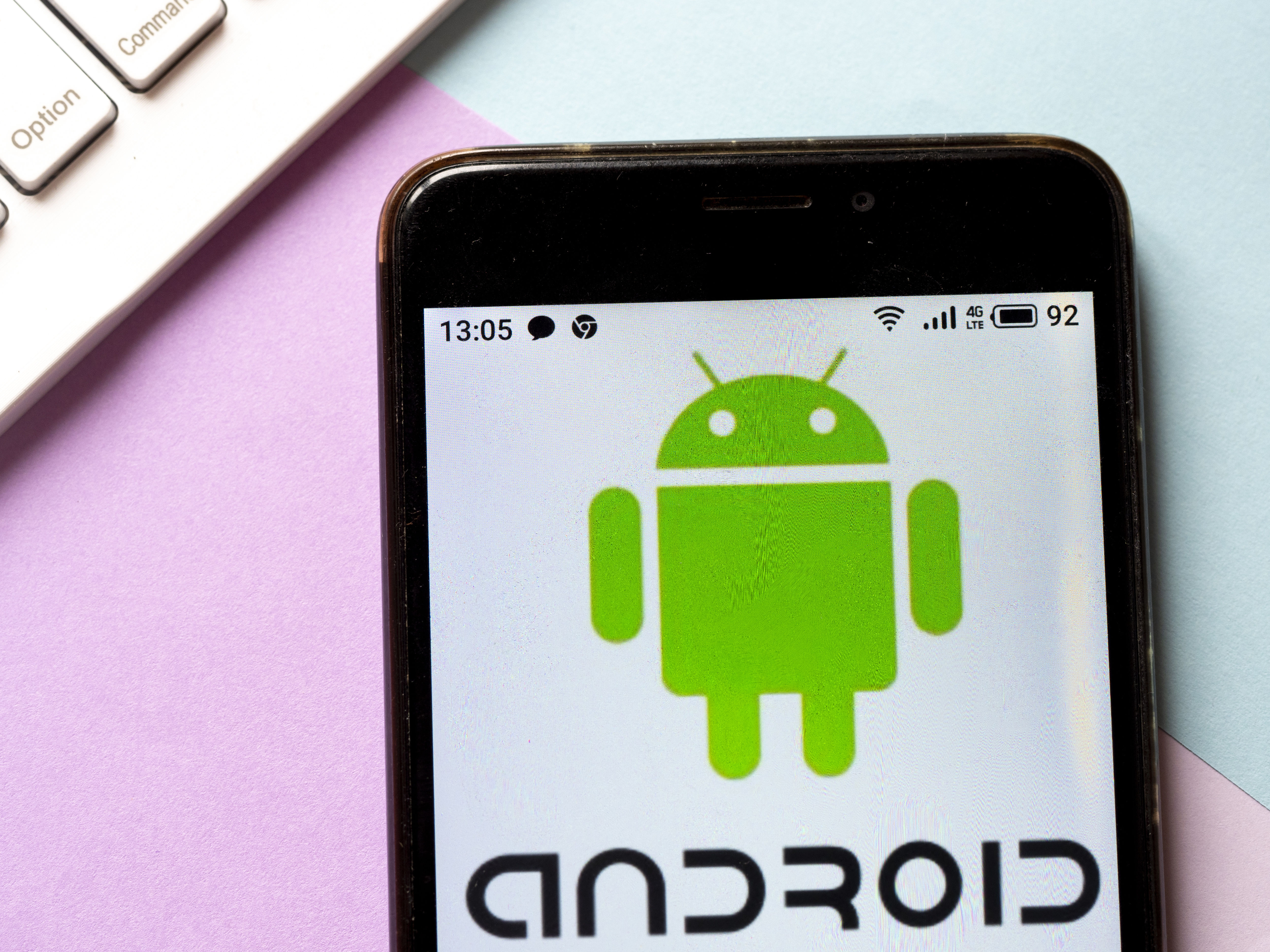Create a free profile to get unlimited access to exclusive videos, sweepstakes, and more!
Cell phone receives first text from space, perhaps paving way for orbital cell towers

Like it wasn’t strange enough the first time you received a text message from your parents, pretty soon you might be receiving texts from space.
In what aerospace startup Lynx claims would be a first, last month, the company sent a text, in the form of an emergency alert, from a satellite in space to an unmodified android phone here on Earth. And the implications of that could foreseeably bring about an orbiting cellular network.
Apparently 5G is already yesterday’s news, because Lynx’s system of satellite cell “towers” would provide global cellphone connectivity. So no more dropped calls (and no more faking dropped calls, presumably).
While the thought of more satellites jumbling around in space might not make everyone excited about such a staggering concept, there’s no denying the glee you can hear in the voices of the Lynx-ers situated in the Falkland Islands, after making that historic connection.
While others have been talking about the idea of global connectivity, Lynx (nee UbiquitiLink) claims to be the only one to have tested the idea as a proof of concept, and to show the technology actually works.
To accomplish as much, back in December of 2019 (aka the good ‘ol days), Lynk loaded up a SpaceX Falcon 9 rocket and launched its third test payload to the I.S.S.
With a great deal of precision, Astronauts (including Christina Koch who just came back down to Earth after 328 days in space) then loaded up the payload to a Cygnus cargo spacecraft situated outside. After detaching on Jan. 31, the Cygnus orbited in space while the Lynk team tested out the goods.
Finally, on Feb. 24, while travelling above the Falklands, the payload (aka the cell tower) sent out its first text: “s is a test” which was received by Lynxers on an unmodified Android phone back on Earth. Granted, the test would have been even more successful if it came through as “This is a test” as planned, but you can see where they’re going with this.
With a fourth “cell-tower-in-space” already successfully launched (thanks Elon Musk!), Lynx is hoping to bring the technology to scale, to the point where every human on earth will have cell service at all times. According to Lynx, that’s 5.2 billion mobile phones they’re looking to connect to their satellite network. So yeah, big business (and a whole lot of border-crossing red tape to cut through too).
Though we in the developed world are certainly living in a digital age, the idea of global connectivity is really only that for most people in the world: an idea. So the ability to be constantly connected certainly has its advantages. Of course, with all the alariming information being hosed through our cell phones nowadays, perhaps being disconnected has its advantages too.
(via The Verge)














